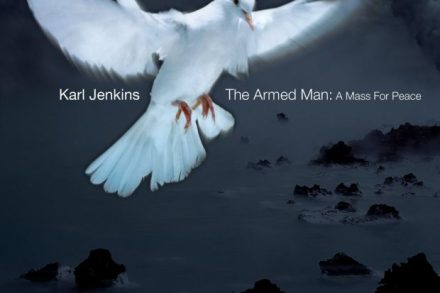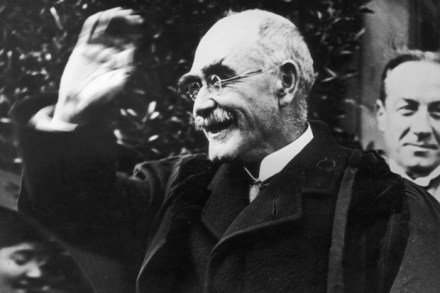MPs and DTs
More from BooksIn 1964, a newly elected Labour MP was put in charge of the House of Commons kitchen committee. (An unpromising start to a review, I appreciate, but bear with me.) His idea of selling off the House’s rather splendid wine cellar duly appalled some MPs, but was accepted as a useful money-making scheme. Only later






























